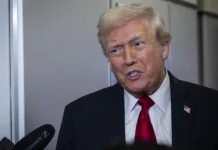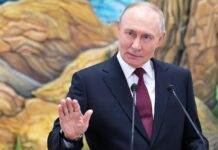
As geopolitical tensions continue to reshape global dynamics, the role of media and think tanks within the Shanghai Cooperation Organization (SCO) has become increasingly strategic, according to Kanatbek Aziz, director of the Research Institute of Geopolitics and Strategy of Kyrgyzstan.
Speaking ahead of the ongoing SCO Media and Think Tank Summit in Zhengzhou, China, Aziz emphasized that media and analytical institutions now go beyond mere information dissemination. “In a time of intensifying geopolitical turbulence, their responsibility transcends information support,” he told Xinhua in a recent interview.
Aziz outlined a dual role for these institutions: as communication channels amplifying the “Shanghai Spirit”, which promotes mutual trust, respect, and cooperation, and as intellectual engines shaping strategic direction, regional integration, and civilizational understanding.
He stressed that media and think tanks must not only reinforce political messaging but ground it in thoughtful analysis informed by regional realities and principles such as justice, sovereignty, and collective security.
“In today’s fragmented information landscape, their task is not only to inform, but to generate trust, defend the SCO’s narrative space from external distortion, and facilitate a new model of multilateralism,” Aziz said.
The Zhengzhou summit, running from July 23 to 27, is seen by Aziz as more than just a dialogue forum. He views it as a catalyst for building a cohesive intellectual and media framework across SCO member states, essential to consolidating a unified strategic narrative in an increasingly competitive global information environment.
Aziz believes that such collaboration will lay the groundwork for long-term institutional cooperation, contributing to a multipolar world order rooted in convergence, trust, and civilizational connectivity.
Written By Rodney Mbua


















